Claire Holland's killer snared by undercover police operation
- Published
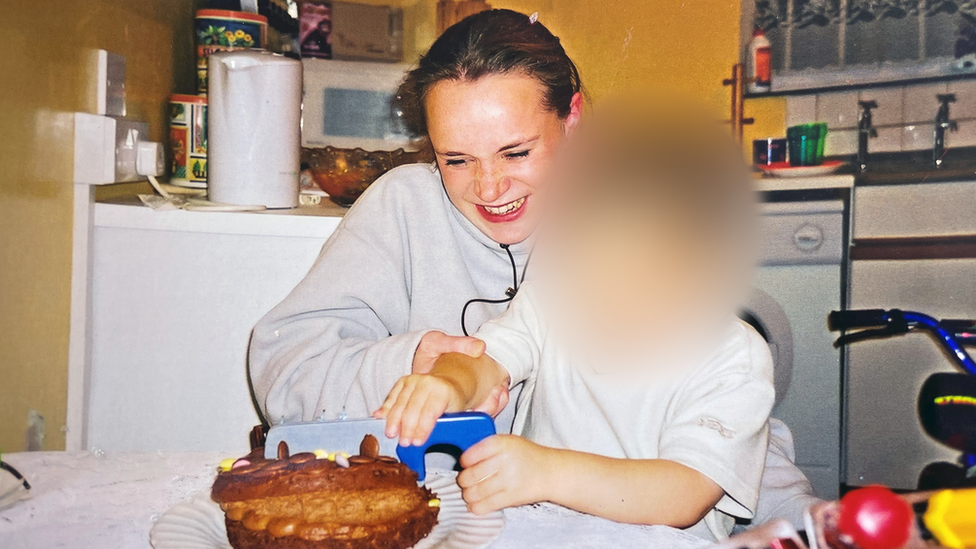
Mother-of-four Claire Holland went missing in Bristol in 2012
When Claire Holland vanished without a trace in 2012, police had very little to go on. Her disappearance would not officially be treated as suspicious until years later when her ex-partner Darren Osment drunkenly confessed to being involved in her murder in a 999 call. Despite quickly retracting the confession, the call gave police - who still had not found Claire's body - a target. An undercover operation to snare Osment was set in motion.
"I basically arranged it, didn't I. I've took the law in my own hands."
It was a surprise call to 999 in July 2019 from Darren Osment that tipped off police there could be something more sinister to the disappearance of his ex-partner and the mother of his child, Claire Holland.
The former chef, now 41, said he wanted to "hand himself in" for her murder.
He was quickly arrested and body-worn camera footage recorded him saying: "I didn't do it. But I had it arranged."
But police were forced to release Osment under investigation after he claimed the next day that he could not remember phoning the police or speaking to officers in person because he was "too drunk".
However, his confession sparked a 20-month-long undercover operation that eventually led to justice for Ms Holland's murder when Osment was convicted by a jury on 11 December.
He has now been sentenced to life in prison with a minimum term of 20 years at Bristol Crown Court.
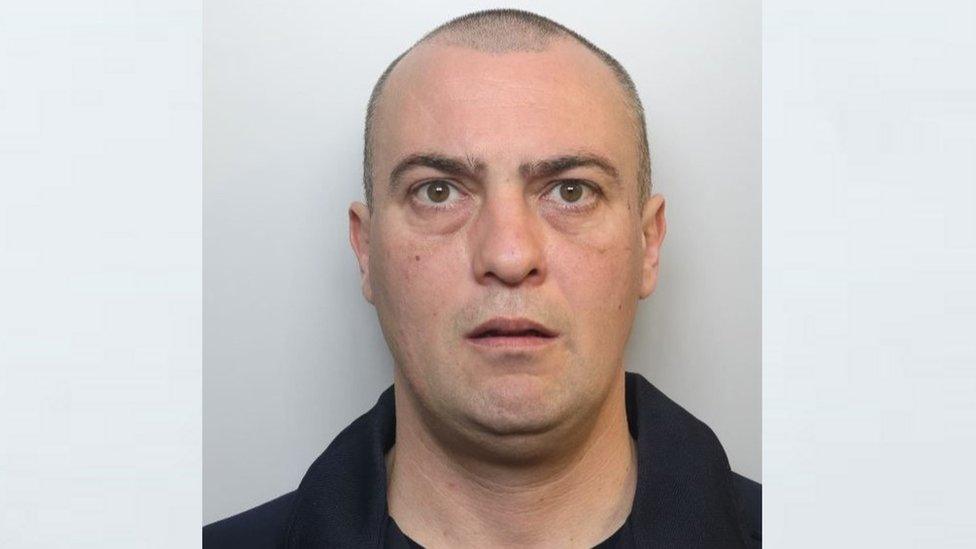
Osment was found guilty after a two-month trial
Ms Holland, who had been in a "drink-driven" and violent relationship with Osment, effectively vanished while the country was celebrating the Queen's Diamond Jubilee weekend in 2012.
The 32-year-old from Lawrence Weston walked out of the Seamus O'Donnell pub in the bustling St Nicholas Market area of Bristol on 6 June and has not been seen since.
Her bank account has never been touched and calls from her family to her mobile in the days after her disappearance went unanswered.
Police had been called two years earlier to the Bradley Stoke home she shared with Osment after she was assaulted and pushed down the stairs.
Shortly afterwards, their child, who was a few weeks old at the time, was taken into foster care, something a social worker told the jury in Osment's trial he blamed his ex-partner for.
Despite the red flags, extensive searches failed to uncover anything of significance and Ms Holland's name joined the list of local missing people.
Darren Osment admitted murdering Claire Holland in a 999 call
Fast forward to 2019 and in a move that would prove his downfall Osment picked up the phone to police to tell them he had killed her.
"She took my son away from me, so I took that from her," he said in a recorded 999 call.
Avon and Somerset Police had their man, but when Osment retracted his confession the next day senior officers realised they were "short of quite a few key components in the story".
Det Supt Darren Hannant said the decision to use a covert operation was made after reviewing and scrutinising the missing person's enquiry and looking at all the witness evidence they had.
"We don't have a body, we have no forensic evidence," he said.
And so in stepped an undercover police officer, who would be given the name Paddy O'Hara.
He would befriend Osment and gain his trust, to the point that Osment even suggested if he should ever get married, he wanted the officer to be his best man.
Mr O'Hara's operation ran from December 2020 to July 2022 and he even moved to Patchway, the area of Bristol where Osment lived, and asked him for help after pretending to be involved in the criminal underworld.
As their friendship strengthened, Mr O'Hara said Osment started to confide in him about what had happened to Ms Holland, discussing alibis, and potentially trying to blame other people.
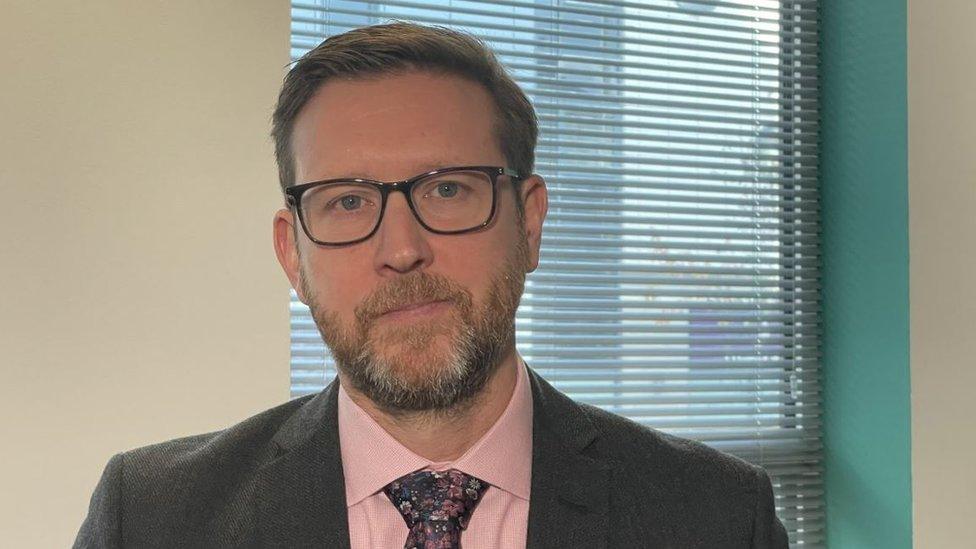
Det Supt Darren Hannant said Osment was "definitely troubled" by his guilt
Det Supt Hannant said the "gradual leakage of information" - which was covertly recorded and added up to more than 1,200 hours of footage - helped police build their case.
In one conversation, Osment suggested to Mr O'Hara that as a trained chef he had "knife skills" and ran his hand across his torso while making a swishing sound to indicate he had cut up Ms Holland's body.
He also said on one occasion that Ms Holland "would not see the light of day again".
"It was a brutal and pre-meditated crime motivated by his intense hatred of Claire, who he blamed for having their child taken into care," said Det Supt Hannant.
In one of the tapes, Mr O'Hara asked Osment if he had disposed of the body in the water and "why it hasn't floated to the top".
Osment responded by telling him there had been a "massive overflow" at the time and suggested it had been "weighed down".
He later added he had got rid of the murder weapon by putting it in the knife box of another chef he was working with at the time.
Mr O'Hara told the jury at Osment's trial he saw first-hand how Osment could be violent and aggressive, and became agitated and emotional when discussing his former partner.
He said Osment had even "gagged" or "had to vomit" whenever she was mentioned.
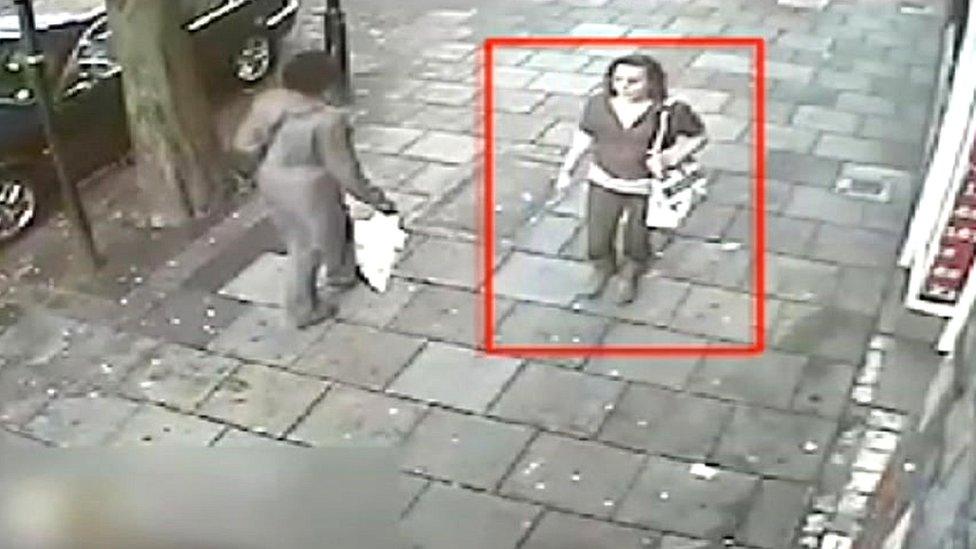
Police released CCTV footage of Ms Holland on the night she disappeared to unearth potential witnesses
Osment was re-arrested in 2021, with police carrying out more forensic searches across the city.
The trial was told Osment had accepted he had confessed to five different parties that he was involved in the killing of his ex-partner and the disposal of her body, including a new partner, friends, uniformed police officers, a 999 call operator and Mr O'Hara.
Osment said the confessions were all made while under the influence.
A sixth person, a prison inmate who he met while awaiting trial, also said Osment confessed to him, but he denied this.
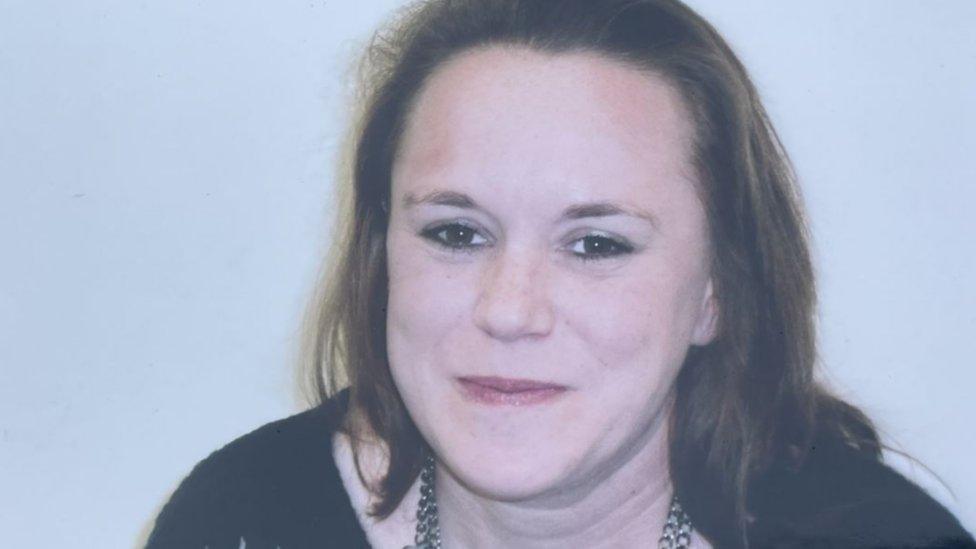
Claire Holland met Darren Osment in 2008 when they worked at the same cafe
However, the weight of evidence gathered during the undercover operation was enough to convince the jury of Osment's guilt.
When asked what exactly police think happened to Ms Holland, Det Supt Hannant said they believe Osment would have been violent towards her in an argument, but that "Darren is the only person that knows that".
"Whether or not he's going to tell us what the truth of that is, I'm not overly confident," he said.
"His behaviour up until now has not lead me to think he would do the right thing."

Follow BBC West on Facebook, external, X, external and Instagram, external. Send your story ideas to: bristol@bbc.co.uk , external
Related topics
- Published11 December 2023
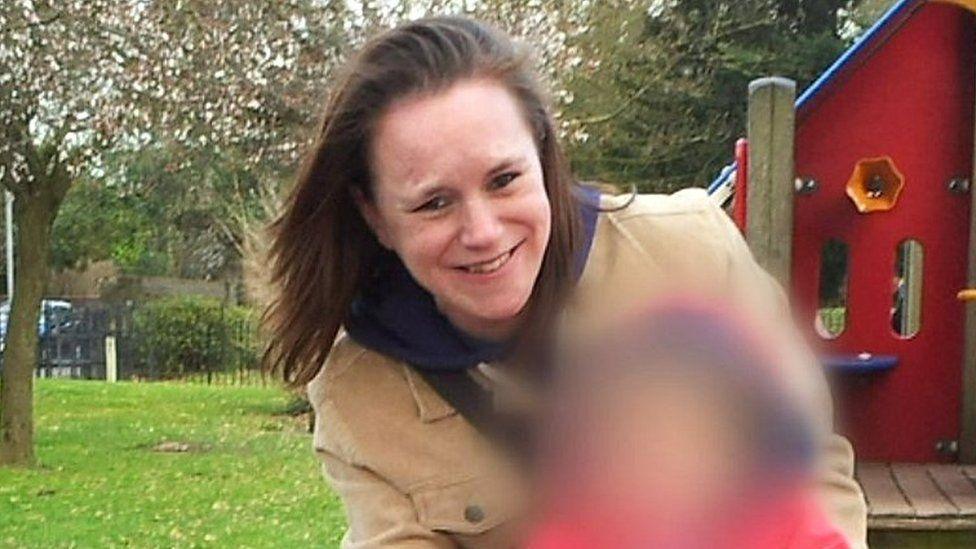
- Published11 December 2023
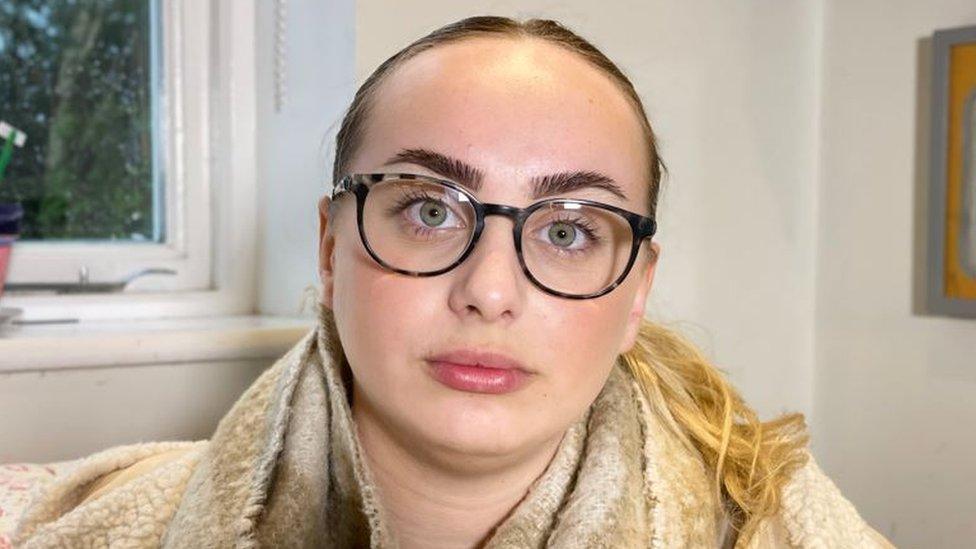
- Published2 November 2023

- Published1 November 2023
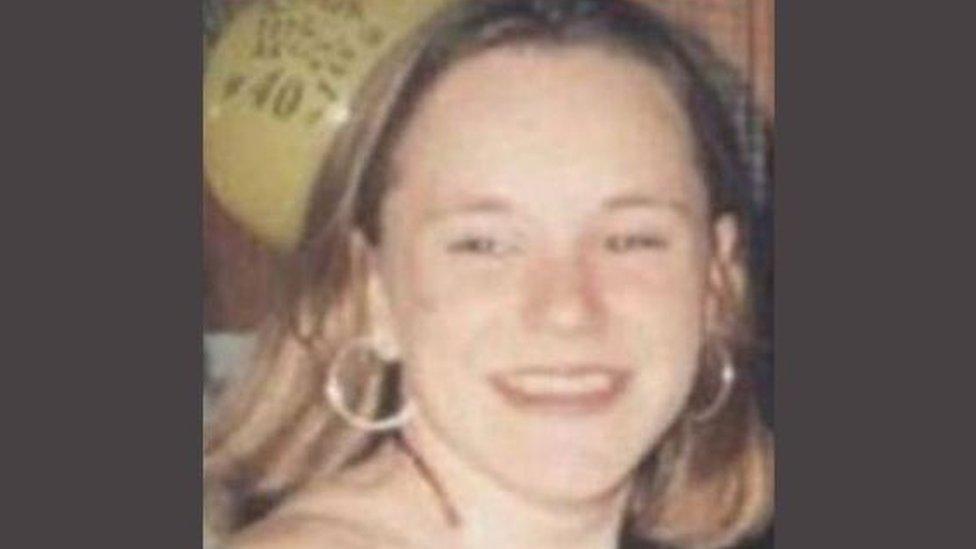
- Published10 November 2023

- Published16 October 2023
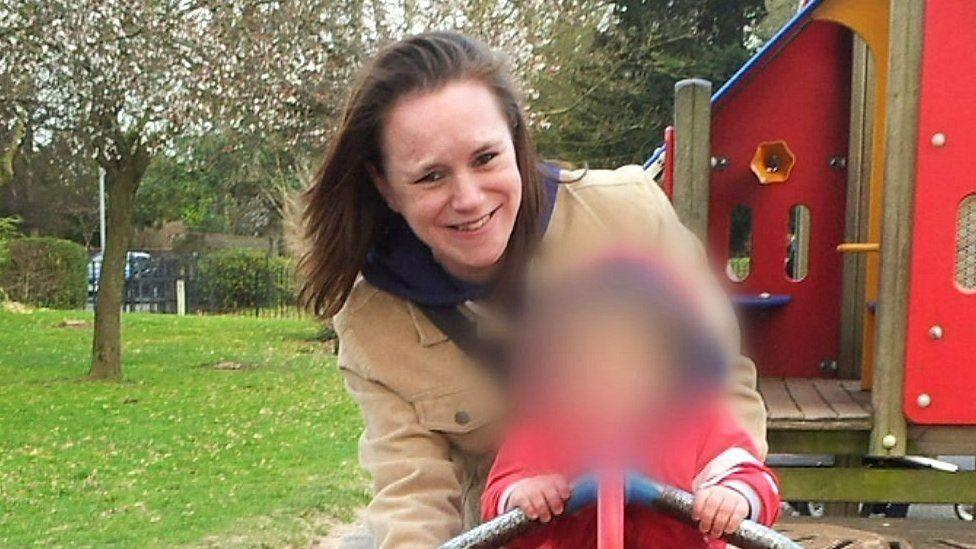
- Published13 November 2023
